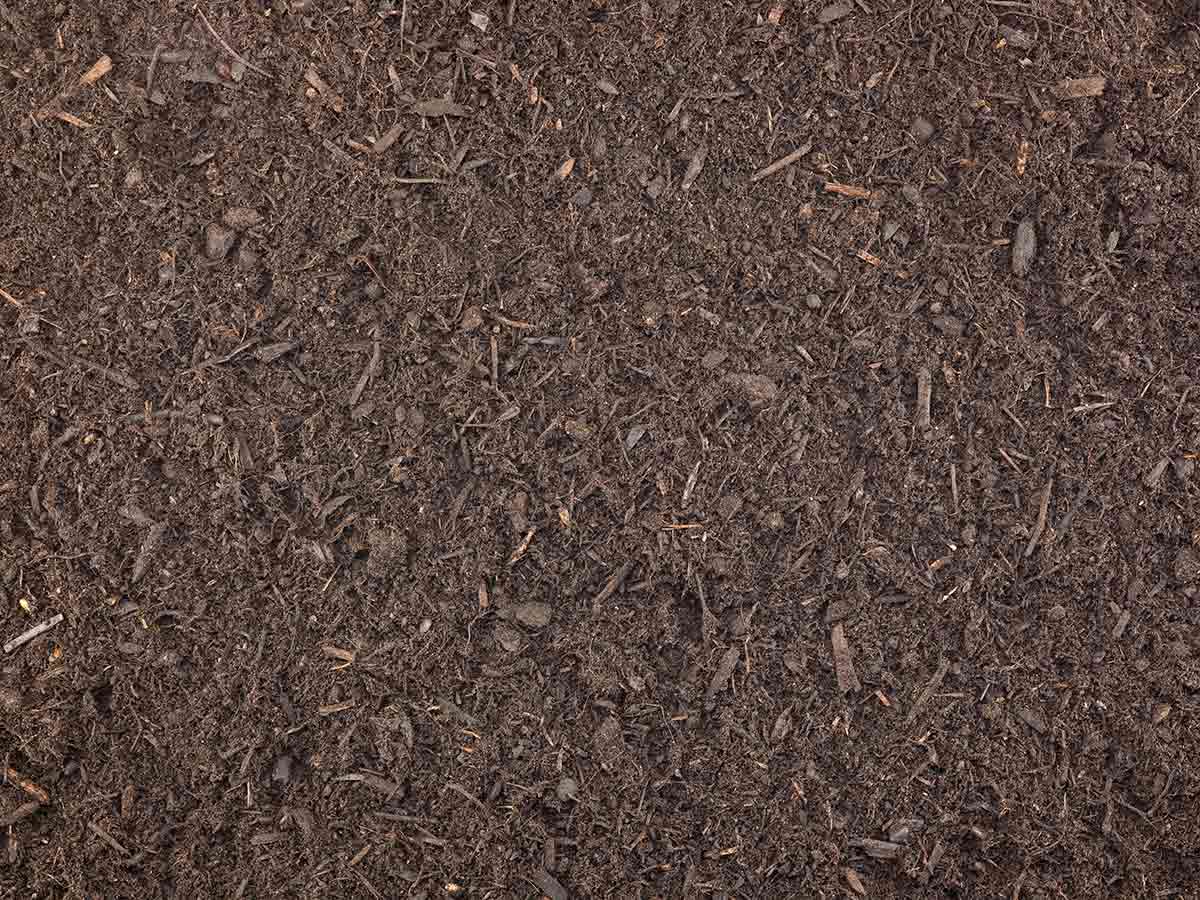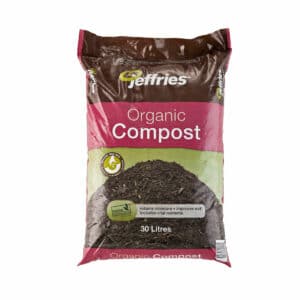No products in the cart yet. Keep shopping.
Top 5 Tips to Growing the Best Tomatoes
It's the ideal time to head outside and begin creating the Spring garden of your dreams now that the dark, gloomy winter days are behind us and the...

Organic matter improves soil structure as well as water and fertiliser efficiency, ultimately leading to healthier plant growth.
Most Australian soils contain less than 1% organic matter. Soils with low levels of organic matter have poor physical structure and struggle to hold water and nutrients.

Jeffries Organic Compost is made from composted organic material that has been through a controlled process of natural aerobic decomposition. Sources include green material such as leaves, grass clippings, branches and food scraps. The rigorous composting process ensures that it is free of weed seeds and pathogens.

It's the ideal time to head outside and begin creating the Spring garden of your dreams now that the dark, gloomy winter days are behind us and the...
Watching your garden grow is always exciting, however maintaining this beauty is important. Knowing and understanding a few key tips and tricks will...
Did you know over a third of Australia’s food production relies on our tiny friend the bee? And up to 75% of foods get some benefits from a bee...